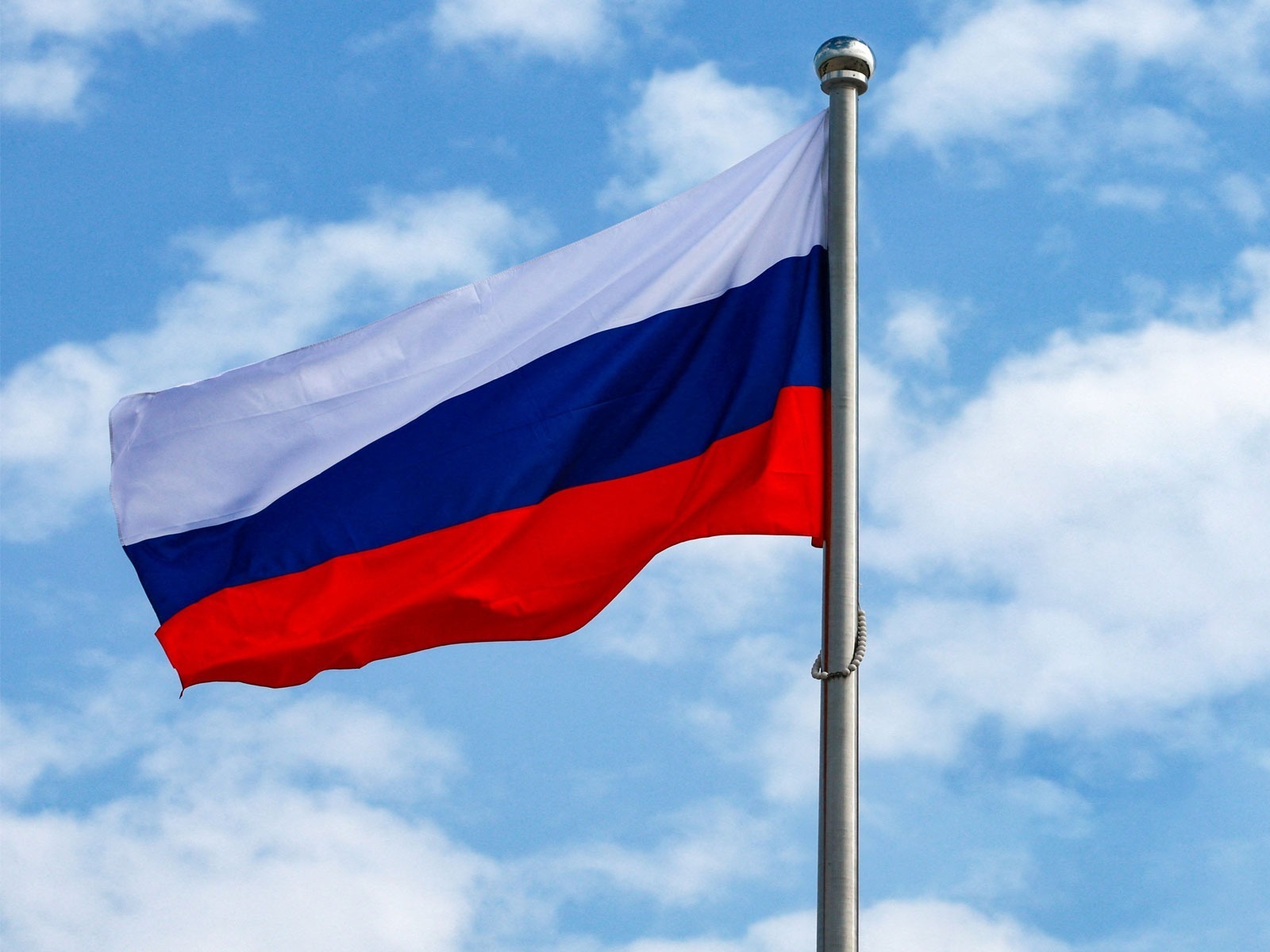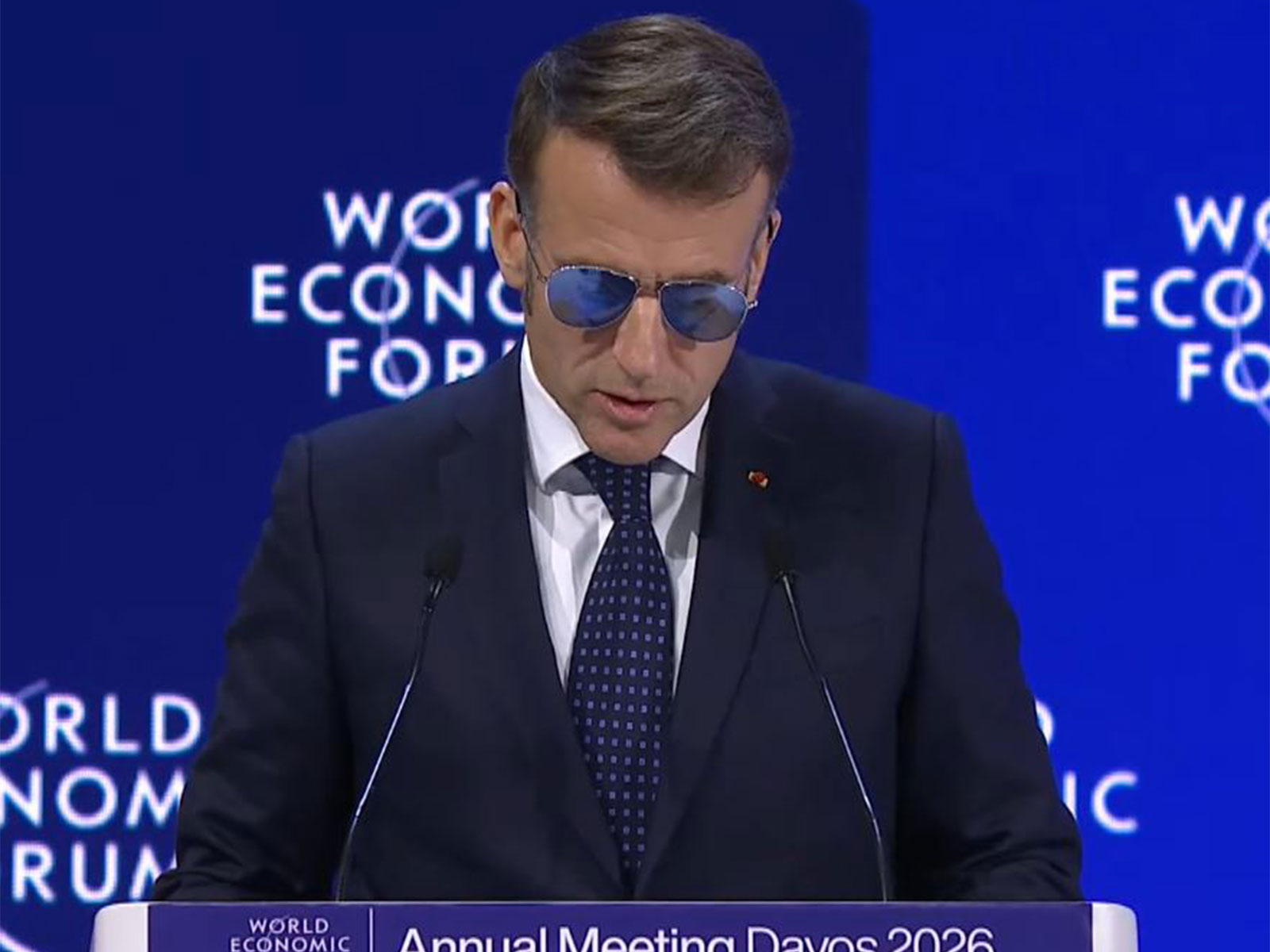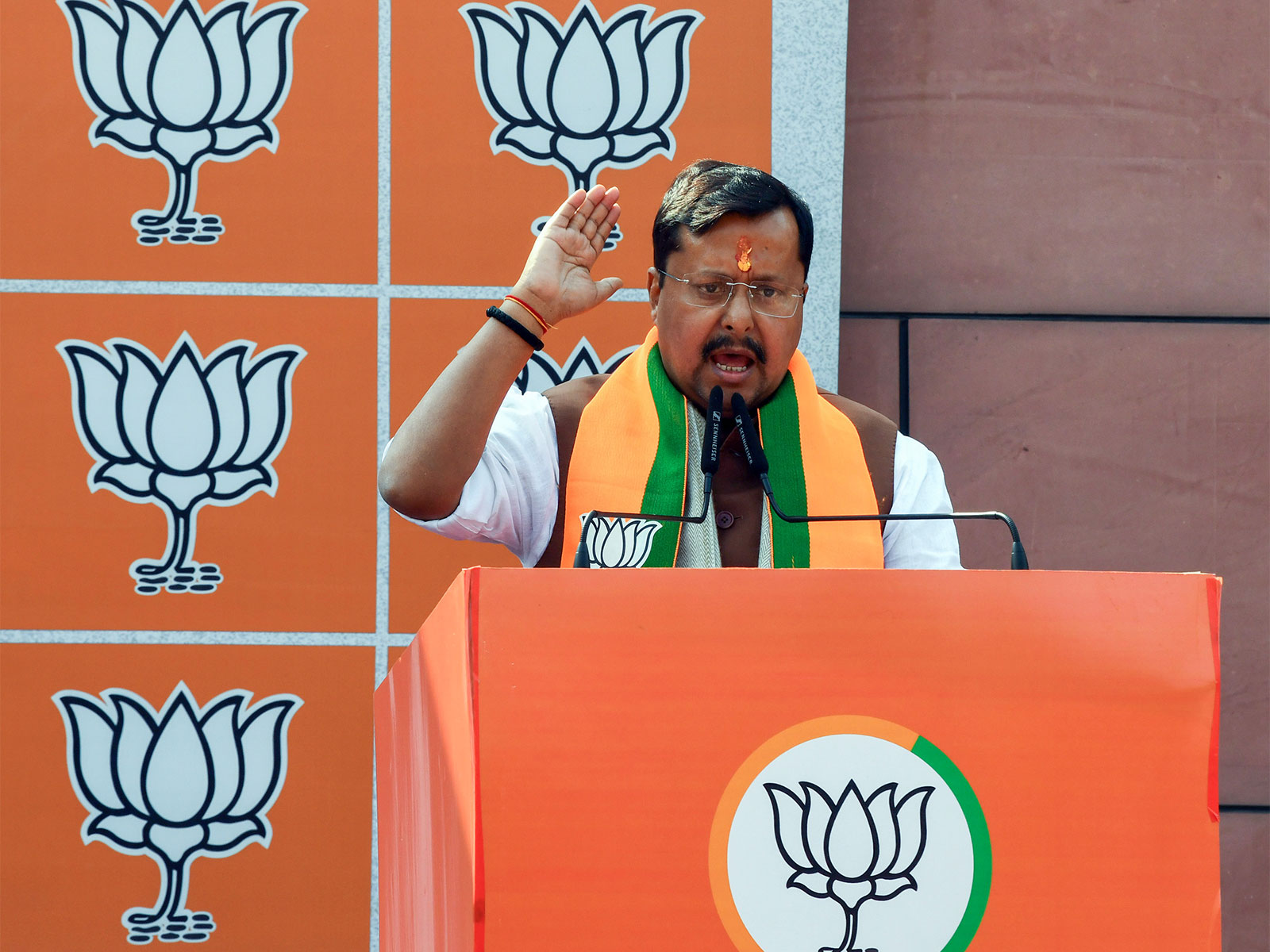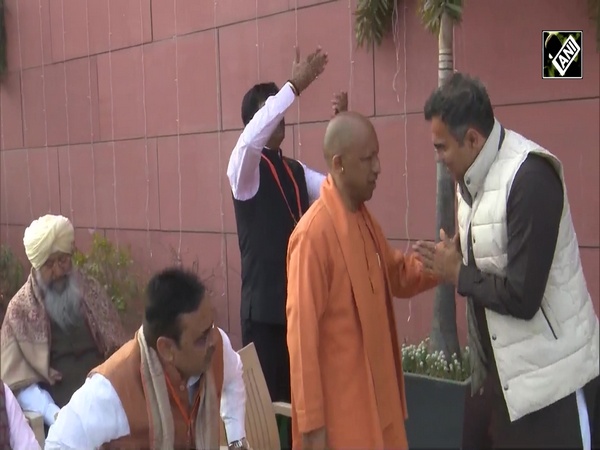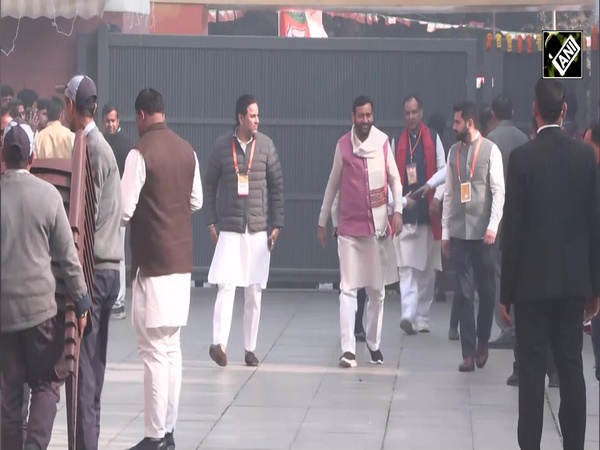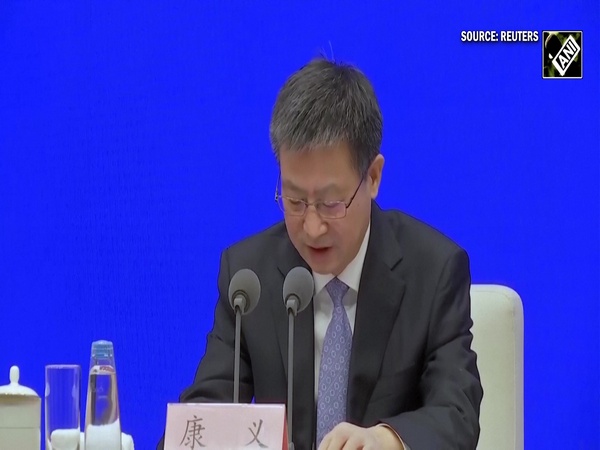China wary of security vacuum emerging in Afghanistan as US withdraws
Jun 24, 2021

Beijing [China], June 24 : China is growing increasingly concerned over a security vacuum forming in Afghanistan as foreign forces withdraw from the war-torn country.
"China was a key beneficiary of the US force presence in Afghanistan, and that will soon become obvious. With the full withdrawal of US and NATO forces from Afghanistan, China will have to find a way to protect its own [counterterrorism] interests," Nikkei Asia quoted Lisa Curtis, director of the Indo-Pacific security program at the Center for New American Security, a Washington-based think tank.
Last month, China blamed the United States' "abrupt announcement of complete withdrawal of forces" for the succession of explosive attacks throughout Afghanistan, saying the step has worsened the security situation and has threatened peace and stability as well as people's lives and safety in the war-torn country.
Analysts have said Beijing has more or less been ambivalent about Afghanistan, but the vacuum left by the US could require China to flex more diplomatic and interventionist muscle than it has typically displayed.
Amid the ongoing drawdown of US troops from Afghanistan, the country has seen a spike in the incidents of violence in recent weeks, leading to casualties of Afghan security forces and civilians.
Early this month, China, Afghanistan, and Pakistan met for their fourth official trilateral dialogue, pledging to strengthen economic, political, and security ties. The official statement following the meeting included a rejection of "double standards" in counterterrorism.
Asfandyar Mir, a post-doctoral fellow at Stanford's Freeman Spogli Institute for International Studies, believe that the statement was a swipe at the United States and former Secretary of State Mike Pompeo's delisting of the Turkistan Islamic Party (TIP) as an official terrorist organization in November 2020.
The delisting was one of the Trump administration's final foreign policy manoeuvres and widely viewed as a jab at China
Counterterrorism "is an issue we don't talk about much in the US-China dyad these days, but I think over the next few years it's going to become a real issue," Mir said.
China has been engaging with the Taliban both directly and through both parties' close relationship with Pakistan.
According to Nikkei Asia, Beijing is wary of the Taliban's potential to harbor anti-Chinese extremist groups. Though China is not entirely comfortable with the Taliban, the pragmatic option may be to work with the group in the hopes of securing agreements to not harbour such extremists.
Following 9/11 attacks, counterterrorism was one policy area in which the U.S. and China were consistently aligned.
The original designation by the US of the TIP -- then known as the East Turkestan Islamic Movement -- was seen as a conciliatory move to get the Chinese on board with its war on terror.
The true threat posed at the time by extremist Uyghur groups, however, was minimal, said Andrew Small, a senior fellow at the German Marshall Fund, a think tank in the US capital.
"It was still very small in scale, barely existed at all. Not a real terrorist threat, inflated on the Chinese side, kind of to make a political point," he said.
